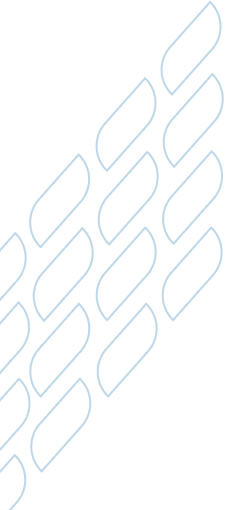Authors
Robert A. Bjork,1 John Dunlosky,2 and Nate Kornell3
1Department of Psychology, University of California, Los Angeles, California 90095, 2Department of Psychology, Kent State University, Kent, Ohio 44242, 3Department of Psychology, Williams College, Williamstown, Massachusetts 01267
Abstract
Knowing how to manage one’s own learning has become increasingly important in recent years, as both the need and the opportunities for individuals to learn on their own outside of formal classroom settings have grown. During that same period, however, research on learning, memory, and metacognitive processes has provided evidence that people often have a faulty mental model of how they learn and remember, making them prone to both misassessing and mismanaging their own learning. After a discussion of what learners need to understand in order to become effective stewards of their own learning, we first review research on what people believe about how they learn and then review research on how people’s ongoing assessments of their own learning are influenced by current performance and the subjective sense of fluency. We conclude with a discussion of societal assumptions and attitudes that can be counterproductive in terms of individuals becoming maximally effective learners.
The Need for Self-Managed Learning
Our complex and rapidly changing world creates a need for self-initiated and self-managed learning. Knowing how to manage one’s own learning activities has become, in short, an important survival tool. In this review we summarize recent research on what people do and do not understand about the learning activities and processes that promote comprehension, retention, and transfer.
Importantly, recent research has revealed that there is in fact much that we, as learners, do not tend to know about how best to assess and manage our own learning. For reasons that are not entirely clear, our intuitions and introspections appear to be unreliable as a guide to how we should manage our own learning activities. One might expect that our intuitions and practices would be informed by what Bjork (2011) has called the “trials and errors of everyday living and learning,” but that appears not to be the case. Nor do customs and standard practices in training and education seem to be informed, at least reliably, by any such understanding.







